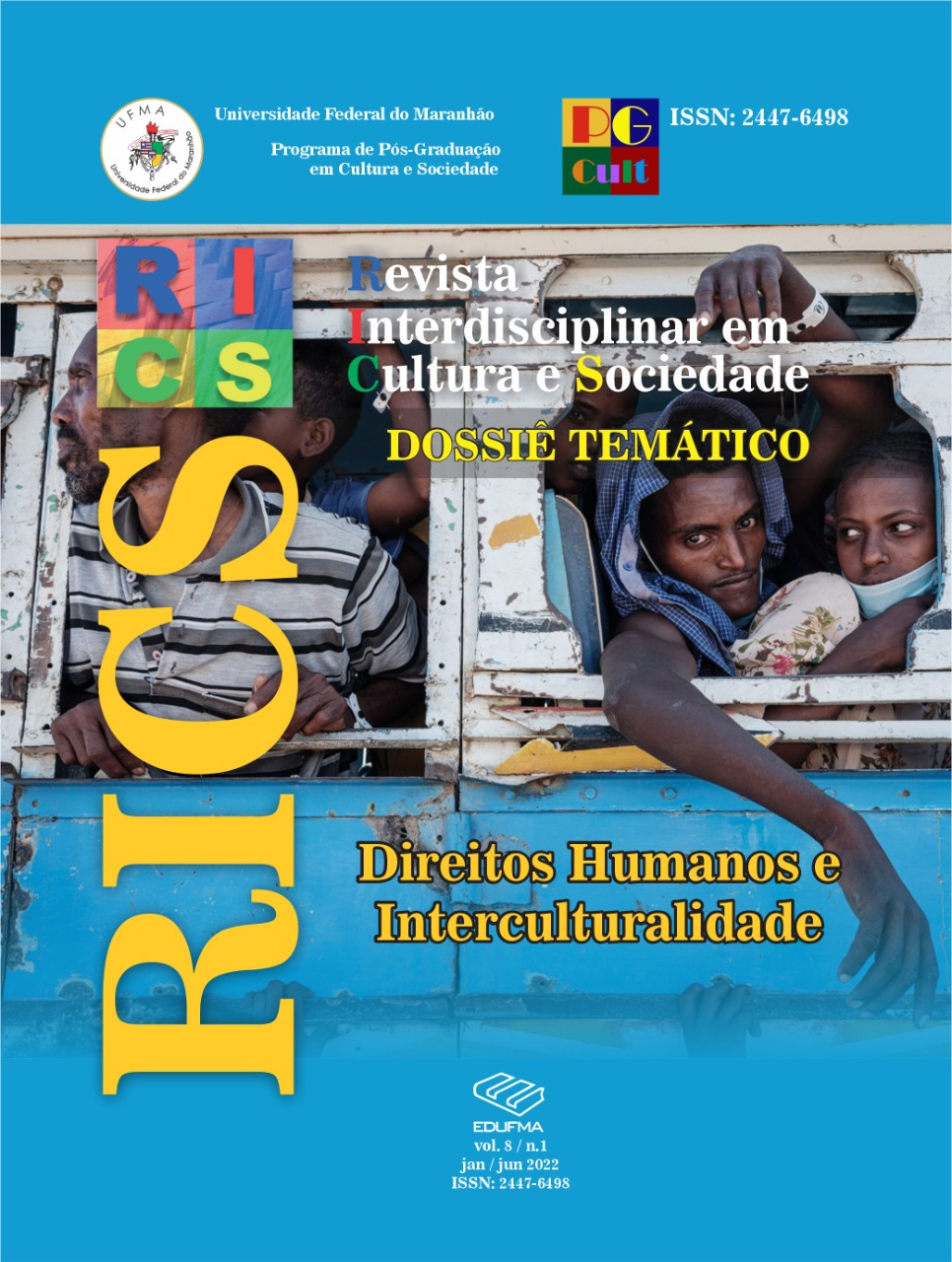The Power of Fandom
construction of the Romance-Serial Reception in Game Of Thrones
DOI:
https://doi.org/10.18764/2447-6498v8n1.2022.3Keywords:
Reception theory, Novel-feuilleton, Game of ThronesAbstract
This article aims to reflect the construction of the serial novel in the television series. In this sense, the study explores the elaboration that relates art and industry – with an emphasis on literature and TV series, more precisely on the serial novel and on Game of Thrones series (2011-2019), by David Benioff and D.B. Weis. The methodology adopted was bibliographic, qualitative and exploratory research. As theoretical support, we build on the literary scholarship of Henry Jenkins (2009) and Meyer (1996), Luiz Roncari (1995), Jauss (1994), Juan Benítez (2020), among others. From the proposed analysis, it was possible to identify the transposition of some structures present in the novel-feuilleton to the television series as a way to hold the audience's attention, such as the repetition of themes, the redundancy of dialogues and the public's control over the content exposed.
Downloads
References
ADRIANO FILHO, J. (2019). Estética da recepção e métodos histórico-críticos: o texto da perspectiva do leitor. Estudos Teologicos (Online). v. 59, p. 311-324.
BENÍTEZ. J. (2020) El spoiler en la narrativa audiovisual: un análisis basado en la muerte de Ned Stark en Juego de tronos. Revista de Filosofia, Letras y Humanidades. Año XXIV, Número 78 Julio-Diciembre.
CARDOSO, N. N. Jr. Hannah Arendt e o declínio da esfera pública. Brasília: Senado Federal. Subsecretaria de edições técnicas. 2005.
COSTA, M. H. M. S. (2021). Estética da recepção e teoria do efeito. Disponível em: <https://www.passeidireto.com/arquivo/16281908/estetica-da-recepcao-e-teoria-do-efeito-marcia-havila-mocci-da-silva-costa>.
GRAY, Jonathan e Jason Mittell. (2007) Speculation on Spoilers: Lost Fandom, Narrative Consumption and Rethinking Textuality. Participation volum 4.
GUIMARÃES, E. (2018) Semântica, Enunciação e Sentido. Campinas: Pontes Editores.
JAUSS, H. R. (1979) A estética da recepção: colocações gerais. Trad. Luiz Costa Lima e Peter Naumann. In: ______ et al. A literatura e o leitor: textos de estética da recepção. Seleção, coordenação e prefácio de Luiz Costa Lima. Rio de Janeiro: Paz e Terra.
______. (1994) A História da Literatura como Provocação à Teoria Literária. São Paulo: Editora Ática S.A.
JENKINS, H.; FORD, S.; GREEN, J. (2014). Cultura da Conexão: criando valor e significado por meio da mídia propagável. Tradução Patrícia Arnaud. São Paulo: Aleph.
JAMISON, A. Fic: por que a fanfiction está dominando o mundo. Rio de Janeiro: Anfiteatro, 2017.
MACHADO, A. (2000) A Televisão levada a sério. São Paulo: Senac.
MEYER M. (1996). Folhetim, uma história. Rio de Janeiro: Companhia das Letras.
MITTELL, J. (2015) Complex TV: The poetics of contemporary television storytelling. NYU Press.
MORIN, E. Cultura de massas no século XX: neurose. 9. ed. Rio de Janeiro: Forense Universitária, 1997.
MÜLLER, S. (2017). Stimme und Performanz in der mittelalterlichen Literatur‚ Cliffhanger. De Gruyter.
SILVA, J. P. M; OLIVEIRA, A. E. As Séries Televisivas e a Indústria Cultural. Revista UEMG, 2015. Disponível em: http://revista.uemg.br/index.php/anaisbarbacena/article/download/835/542. Acesso em: 01 abr. 2018
ZILBERMAN, R. A literatura infantil na escola. 11ª ed., São Paulo: Global, 2003.
Downloads
Published
How to Cite
Issue
Section
License
Copyright (c) 2022 Revista Interdisciplinar em Cultura e Sociedade

This work is licensed under a Creative Commons Attribution 4.0 International License.

Este trabalho está licenciado com uma Licença Creative Commons Atribuição 4.0 Internacional. Os autores da Revista Interdisciplinar em Cultura e Sociedade mantêm os direitos autorais.


















